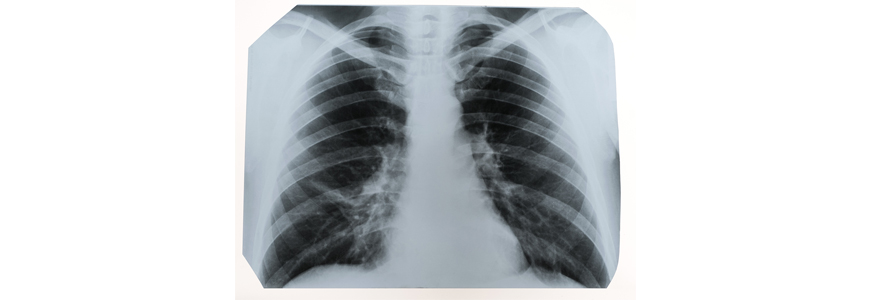A Duke pulmonologist has launched two pilot interventions to improve asthma therapy adherence among African Americans with the goal of expanding the initiatives to serve economically disadvantaged and diverse populations with poor asthma outcomes.
Isaretta L. Riley, MD, MPH, an airways disease specialist and researcher with training as an implementation scientist, has focused the pilot projects on African American patients with asthma because of the group’s historically poor asthma outcomes and adherence rates. Adherence to asthma medication regimens is poor across all patient groups, Riley says, citing recent studies reporting adherence rates between 30% and 70%. But these patients with asthma are particularly vulnerable to adherence challenges, she says.
“We know that if we improve adherence in this group, we can reduce about a quarter of all-cause asthma exacerbations among African Americans,” Riley says. “These are the events that often result in hospital visits.”
Hospitalization and asthma-related death rates among African American adults with asthma are three times higher than comparable data among white patients with asthma. More than half the costs associated with asthma treatments may be due to asthma exacerbations, which are often related to incorrect or inconsistent inhaler use.
The interventions are part of a broader effort within the Duke Division of Pulmonary, Allergy and Critical Care to improve education and self-management among all patients. The pilot interventions are:
- The Adherence to Inhaled Corticosteroids in Asthma (ARICA) program identifies barriers to inhaler use and encourages patients to use the devices consistently and correctly by providing asthma education, inhaler training and referrals to medication financial assistance programs.
- The related Coping with Asthma through Life Management (CALM) intervention helps patients learn and use stress-reduction techniques to avoid common triggers for asthma exacerbations. CALM is designed as a companion intervention to be used after patients have participated in the more technically focused ARICA.
Developing a personalized asthma program
Riley says ARICA provides a personalized asthma program and is based on identifying all the reasons why each patient is not taking their inhalers as prescribed. ARICA then targets patient’s unique barriers to adherence. ARICA includes group asthma self-management classes and objective feedback on inhaler adherence designed to educate patients and influence behavior. Patient feedback, Riley notes, can be shared with providers to help them improve communication with patients and optimize asthma management. ARICA also provides financial assistance referrals to patients who cannot afford asthma medications.
CALM is designed to educate patients about the role that stress plays in poor asthma outcomes and offers training in coping and stress management. “Poor health behaviors are commonly associated with patient stress,” Riley says. “The concept for CALM took shape because we were seeing the influence of life’s stresses on patients with asthma.” The education benefits of ARICA will be improved, she says, by introducing CALM as a secondary training effort.
“We are looking long term to use these projects in tandem and to integrate the tactics into broader patient care after we have tested their efficacy,” Riley says. “We don’t have many interventions specifically designed to help this patient group so interventions like ARICA and CALM are much needed.”
